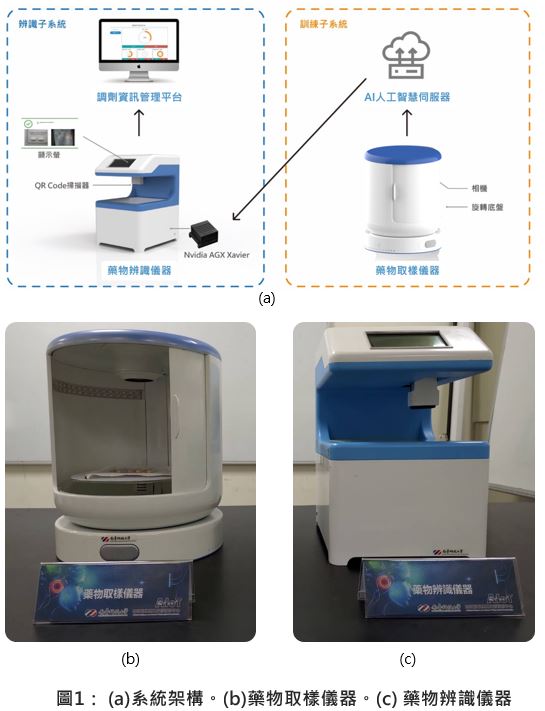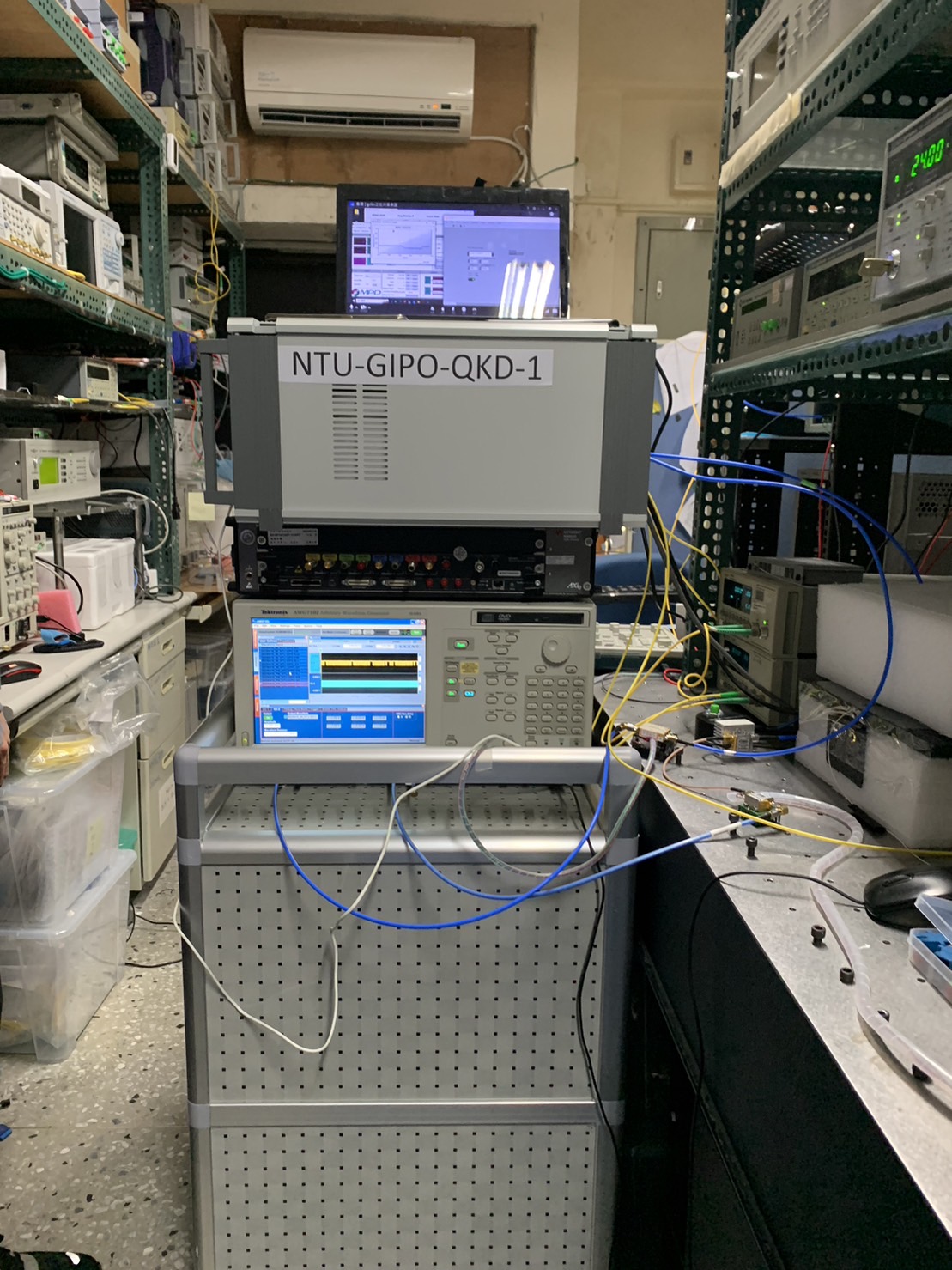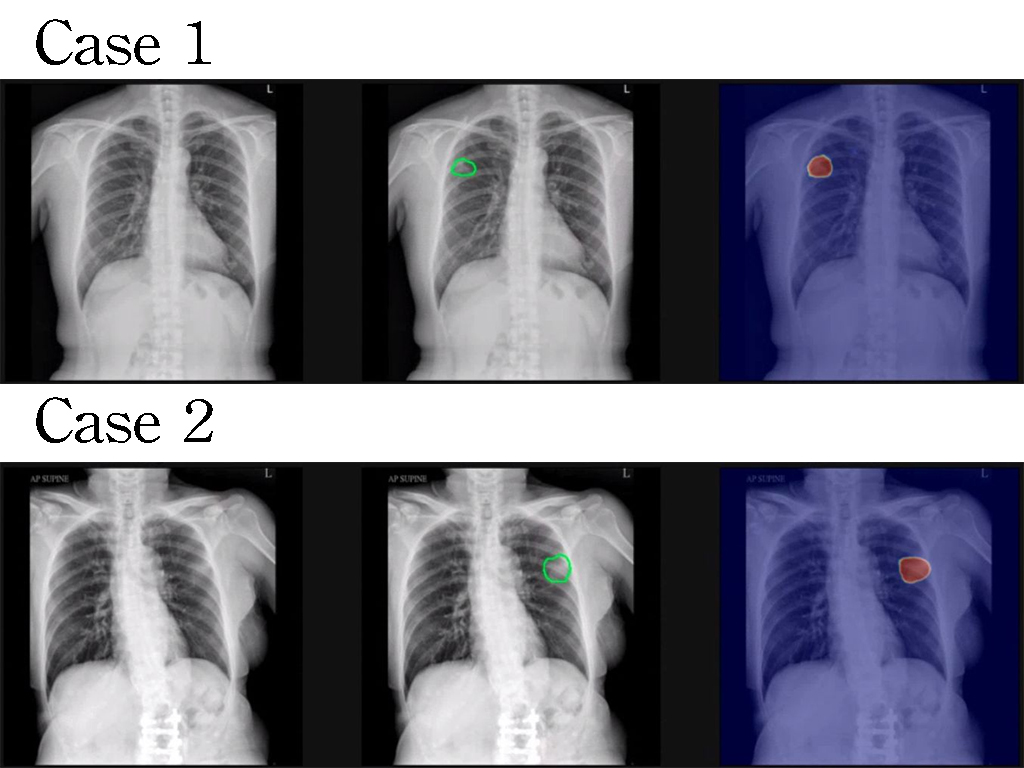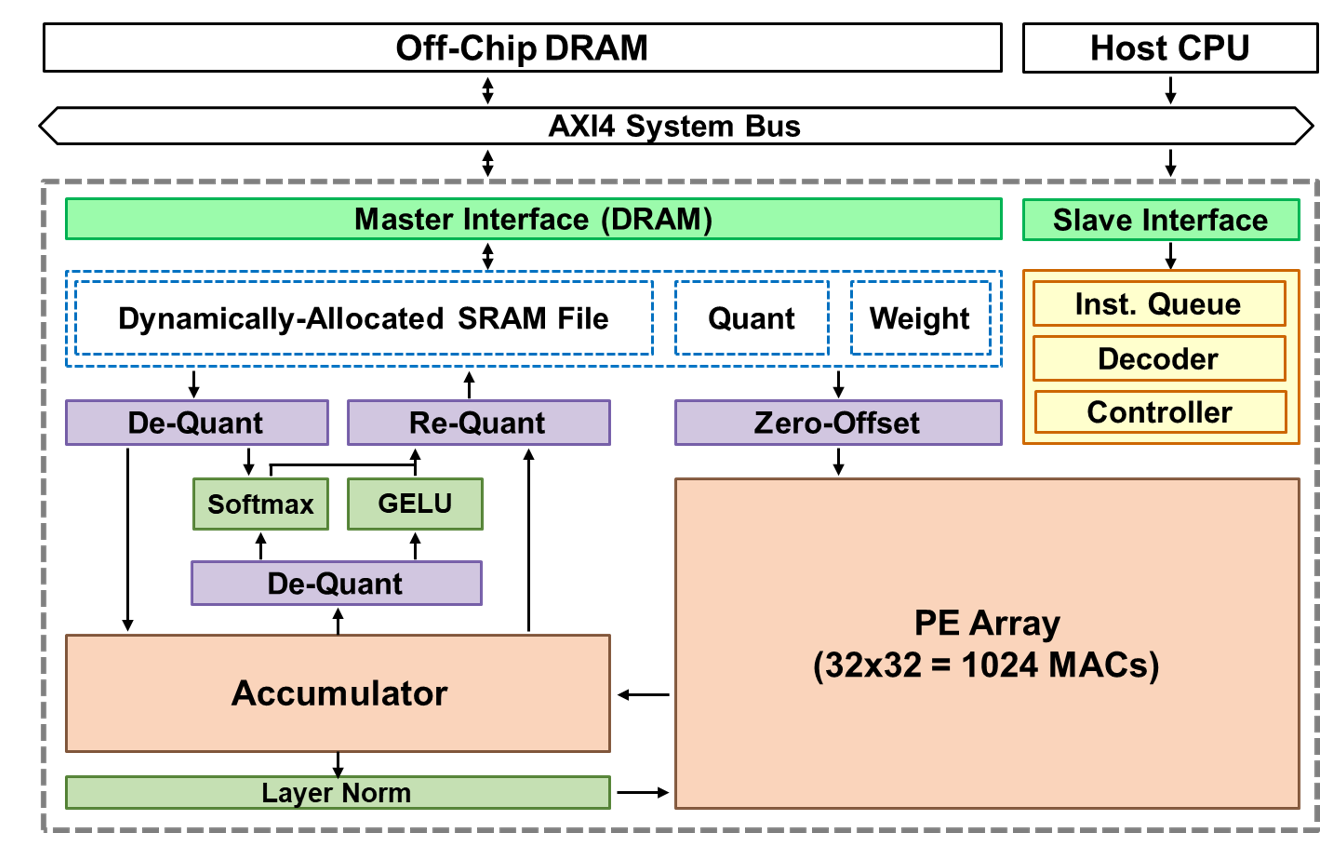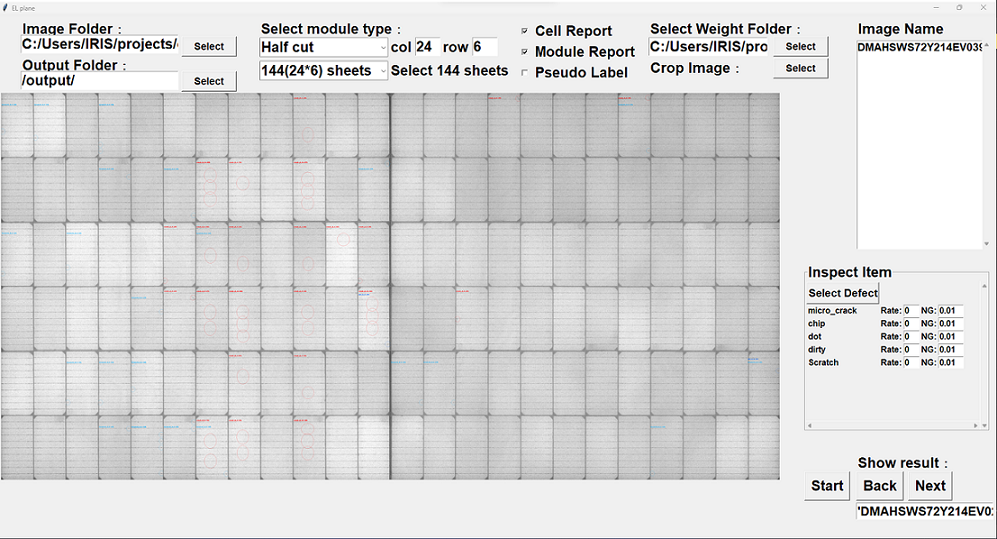| 技術名稱 | 革命性CAR-sEV:非基因改造靶向性幹細胞外泌體藥物於精準醫療之應用 | ||
|---|---|---|---|
| 計畫單位 | 國立台灣大學醫學院 | ||
| 計畫主持人 | 王惠鈞 | ||
| 技術簡介 | 研究整合: 代謝性糖類工程於無血清培養之MSCs,使MSCs衍生EV表面呈現azide基團,並透過click chemistry結合DBCO修飾分子,針對肝臟受體ASGR1的設計單鏈抗體片段,結合DBCO進行修飾,建立高品質、精準、低成本的非基因改造EV靶向修飾平臺,以提升外泌體靶向能力與治療效率。 |
||
| 科學突破性 | 本技術運用代謝性醣類工程與click chemistry修飾EV表面,接合ASGR1特異性scFv製成CAR-sEVs,改善EV體內靶向性與治療效率,具臨床潛力。 |
||
| 產業應用性 | 本技術提供可模組化、非基因改造之 CAR-sEV 平台,結合 click chemistry化學方式,具低免疫原性、高靶向性及可放大生產,適用於細胞/基因療法、奈米載體、mRNA/siRNA 遞送及疫苗產業,具顯著商業化潛力。 |
||
| 關鍵字 | 細胞外囊泡 精準藥物遞送 點擊化學 代謝性醣類工程 單鏈抗體 肝臟靶向技術 非基因改造載體 奈米藥物平台 再生醫療技術 Cell-free 治療策略 | ||
- 聯絡人
- 林泰元
- 電子信箱
- tyling@ntu.edu.tw

